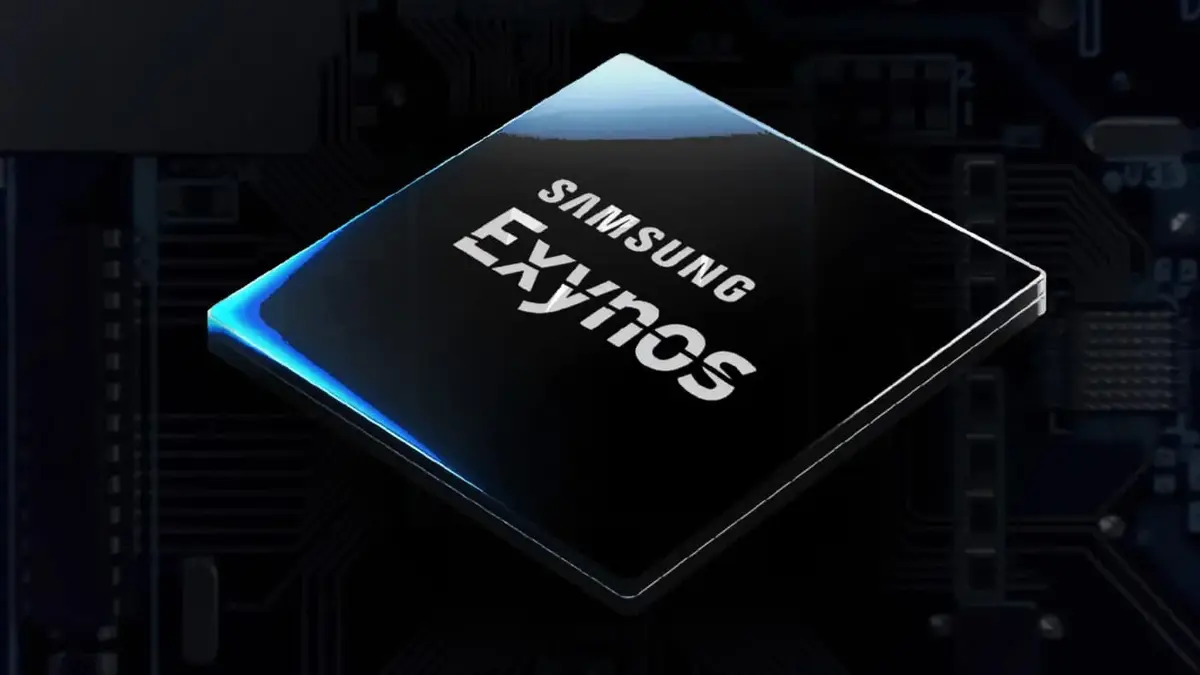The semiconductor industry is bracing for a major showdown as TSMC, Intel, and Samsung Foundry prepare to launch mass production of 2nm chips in 2025.
This marks a leap forward from the 3nm chips introduced just three years ago, first seen in Apple’s iPhone 15 Pro series with the A17 Pro processor.
TSMC’s Strong Start in 2nm
TSMC, the world’s largest contract chipmaker, is already ahead, securing orders from major clients like Apple, AMD, Nvidia, MediaTek, and Qualcomm.
While earlier rumours suggested Apple’s A19 chips might use TSMC’s 2nm process, they will instead rely on the third-generation 3nm node (N3P). Apple is expected to adopt the 2nm node for its A20 chips in the iPhone 18 series, likely in 2026.
Samsung Foundry’s Yield Struggles
Samsung Foundry faces ongoing yield challenges, particularly at 3nm. These issues have delayed the production of its Exynos 2500 chip and may force Samsung to rely on Qualcomm’s Snapdragon 8 Elite SoC for its Galaxy S25 series.
Yield problems increase costs as more silicon wafers are needed to meet chip orders.
Intel’s Internal Chaos
Intel, aiming to regain its footing, plans to introduce its 1.8nm (18A) chips next year. However, the resignation of CEO Pat Gelsinger in December has left the company in disarray.
While AWS is a notable client, Intel’s position in the 2nm race remains uncertain.
Japan’s Rapidus Enters the Fray
Japan’s Rapidus, backed by government funding and IBM technology, is also entering the 2nm market. It plans to focus on small, custom chip orders rather than large-scale production.
The Path Forward
With its robust client list and proven track record, TSMC is well-positioned to dominate the 2nm era.
However, Intel, Samsung, and Rapidus are determined to compete, making the next year pivotal for the semiconductor industry.












Leave a comment